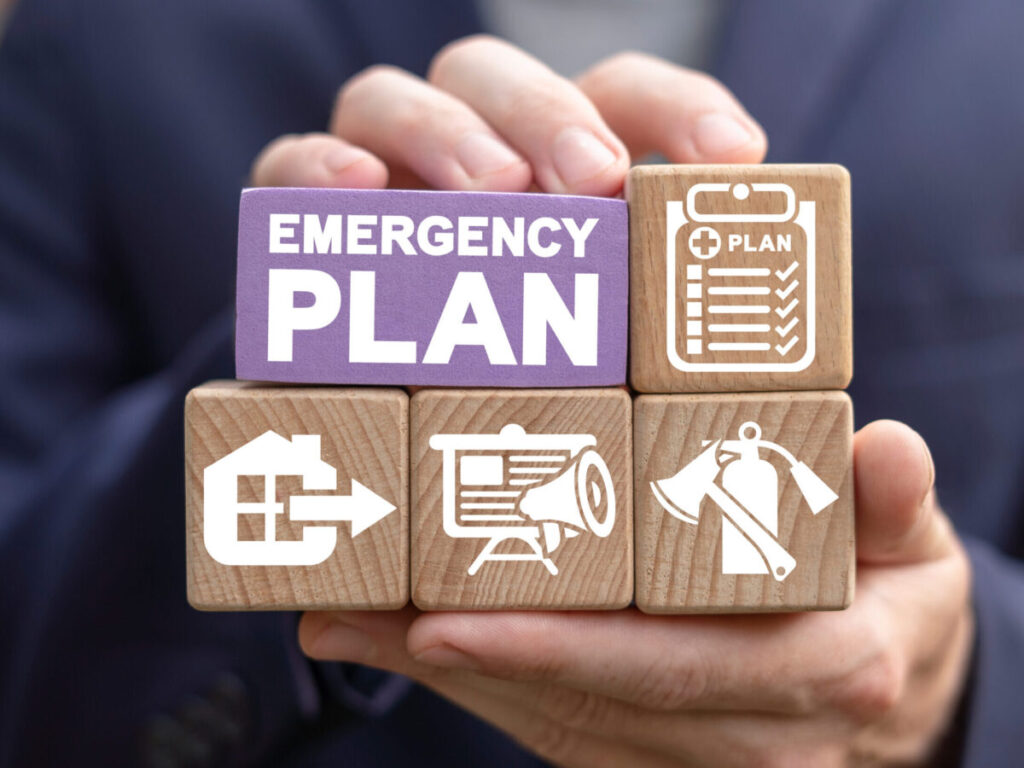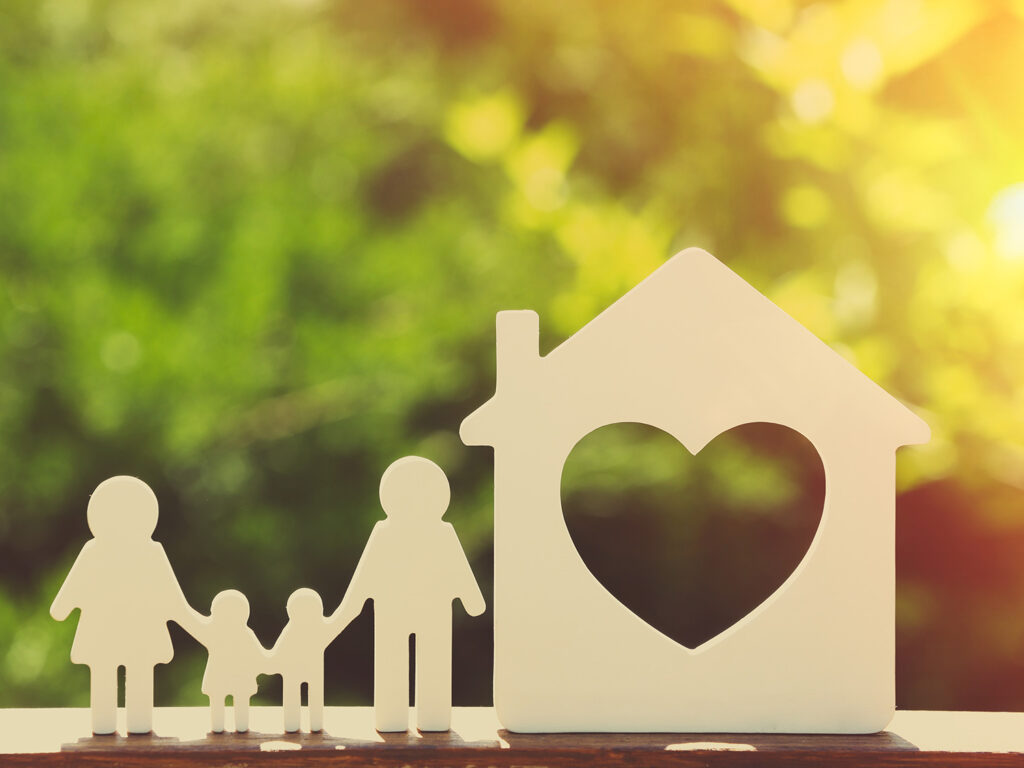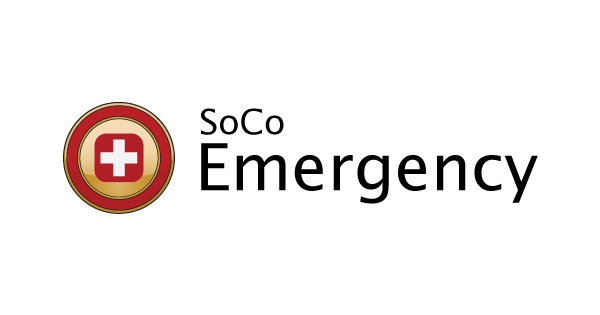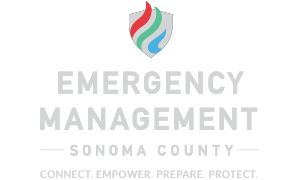This page offers an overview for emergency preparedness in four steps:
- The importance of knowing your evacuation zone
- How to make a wildfire action plan for yourself, your home and your neighborhood
- Making sure you have an emergency supply kit at the ready
- Download and bookmark Mobile apps, real-time maps and other tools for staying aware
Study after study shows that our cognitive capabilities decline under stress. Yep, our ability to think is reduced to survival skills and not critical thinking. So to reduce the stress of fire season (or any disaster), and to improve your chances of having fewer regrets, we highly recommend thinking about this ahead of time, taking action to prepare for a possible disaster, and then rest at ease knowing you already know what you will do, where things are, who you will contact, and where you will go.
One of the most important things is for you and others in your household to know your evacuation zone! Please review the zones below and find your zone (put your ADDRESS into the evacuation map web page to find the exact route for where you live.), post it on your refrigerator, make a note of it on your phone so you can find it if you forget.
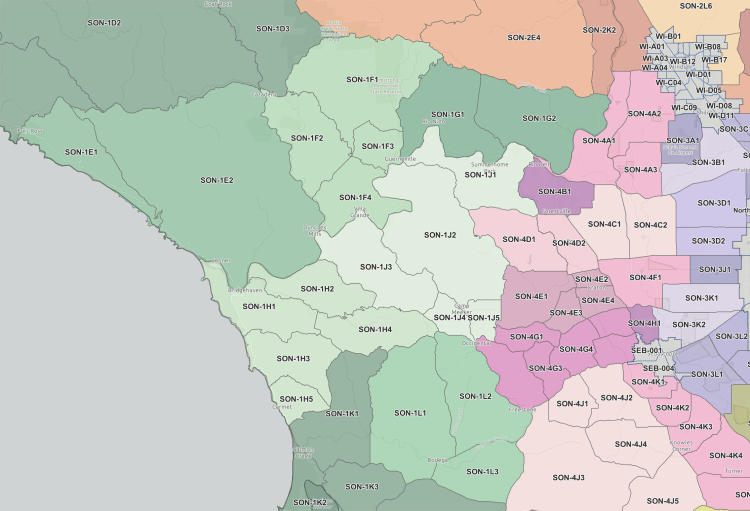
Three things Calfire recommends to be prepared
- Create your wildfire action plan
- Have an emergency supply kit
- Put together an emergency communication plan
Work out your plan now, so if an emergency happens you’re ready!
Being prepared means you have what you need for yourself, you and your housemates/family are all coordinated, and your local street or community has back plans to help each other in time of need. Click below to learn more about what you can do to be better prepared in each area.
We have prepared a quick and easy list of what to do in an evacuation depending on how much time you have. Print it and keep it handy. It will make your exit less stressful!
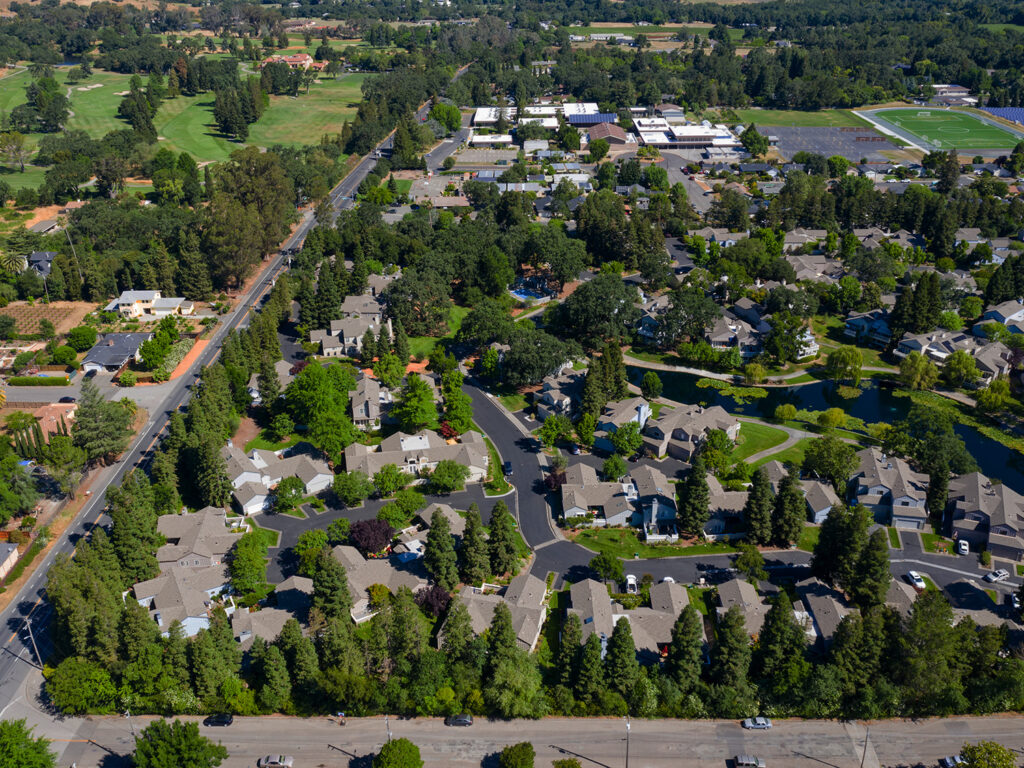
Your home and family
Making sure everyone in your household knows what to do and your home is secured.
- Stay informed
- Know your evacuation zone
- Be ready to go
- Creating a plan
- Ask questions now
- Pre-pick a meeting place
- Connecting your street
- Have backup
- Know your alternative exits
The key to disaster preparedness: redundancy
Redundant power. Experts warn of multiple PG&E power outages in “red flag” conditions — high temperature and wind, low humidity. Will you be ready if your power is out for 24 hours or more? Learn more about how to prepare for a power outage here.
Redundant warning signals. In the event of a disaster, the Sonoma County Sheriff’s Department will utilize several communication channels to alert Occidental residents: NIXLE alerts, phone calls to landlines (SoCOAlert), notification via NOAA weather/disaster alert radios, and the Occidental Volunteer Fire Department siren. If one signal fails to alert you, will you respond to another signal? Read on for more information and make sure to sign up for multiple alerts!
Redundant evacuation routes. In the event of a disaster, do you have more than one way out of your neighborhood? If all routes are blocked do you have a “shelter in place” location? John your local Community Organization or Neighborhood Group and make sure you can answer these questions!
Apps for staying informed
The apps below are recommended for staying informed of local emergencies and fires that have the potential to lead to evacuations.

Nixle
Sign up to receive alerts from local agencies for relevant information from your local public safety departments and schools.

Watch Duty
Stay up-to-date on fires movement in Sonoma County with posts by experienced fire reporters.
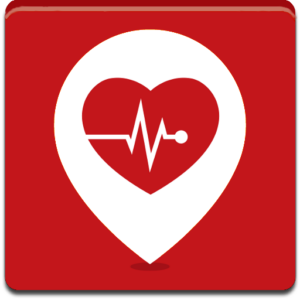
Pulse Point
Notifications on your mobile device give you advance warnings on local threats to give you time to prepare before evacuation warnings.
The County of Sonoma Emergency Readiness, Response and Recovery website, SoCoEmergency.org, contains valuable and comprehensive resources for before, during, and after emergencies.
Here are some other great resources:
- Preparing for Disaster: Download an in depth Survival Guide by the SF Chronicle
- Get Ready for Wildfire: An Overview from CAL FIRE

